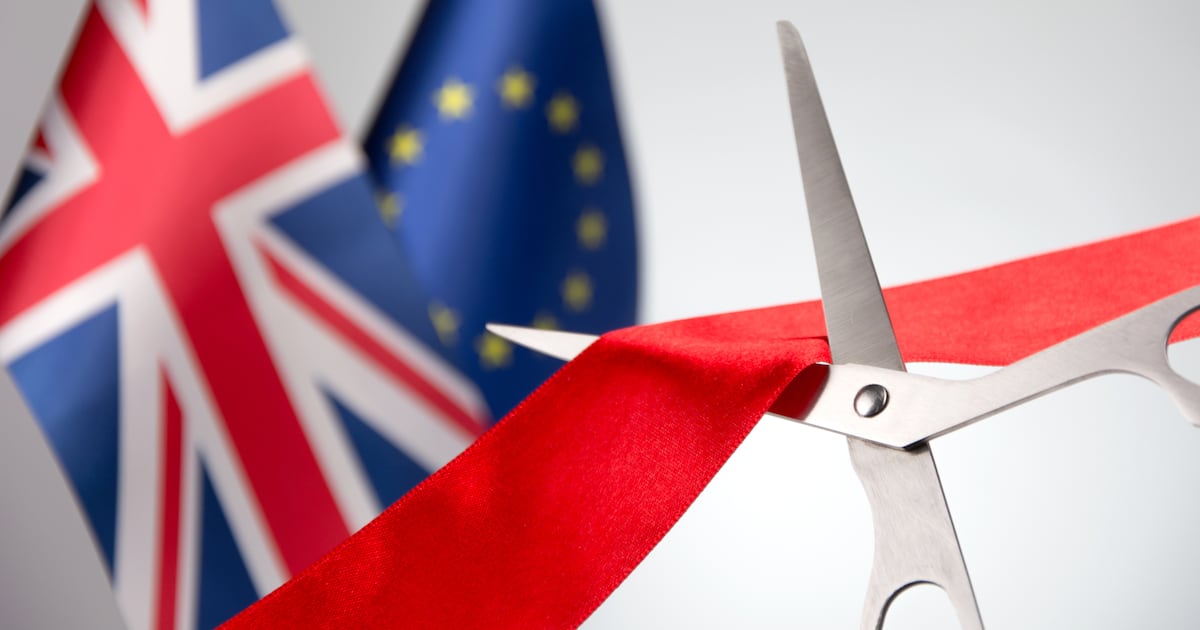The suspension of these border checks follows a new deal established between the UK and EU, which includes a sanitary and phytosanitary agreement.
This will reduce delays at the border and make food trade with the EU market cheaper and easier.
Under the agreement, border checks on live animal imports from the EU as well as on certain plant and animal goods arriving from Northern Ireland and the Republic of Ireland (termed non-qualifying goods) will not be required, as their implementation is disproportionate.
Some live animals imported from the EU will continue to be inspected at their place of destination based on a series of risk factors. Non-qualifying goods arriving from both Northern Ireland and the Republic of Ireland can continue to enter the UK without physical inspection, and will continue to require pre-notification and certification in some instances.
What are non-qualifying goods?
Non-qualifying goods are plant and animal products that are not in free circulation in Northern Ireland. For feed and food, qualifying goods must also be dispatched from a registered Northern Ireland establishment. Guidance can be found here.
While the details of the agreement are negotiated, traders must continue to comply with the terms of the UK’s Border Target Operating Model (BTOM).
“Our deal with the EU will boost British businesses as we cut cumbersome bureaucracy and make trading food with our biggest market both cheaper and easier,” Biosecurity minister Baroness Hayman said.
“Protecting the UK’s biosecurity is essential, and our partnership with the EU will ensure this while delivering for working people as part of our Plan for Change.”
To ensure UK biosecurity is maintained, the suspension will be reviewed on a rolling basis.
The suspension of these checks follows a similar announcement in June which saw border checks on EU fruit and veg imports scrapped.
